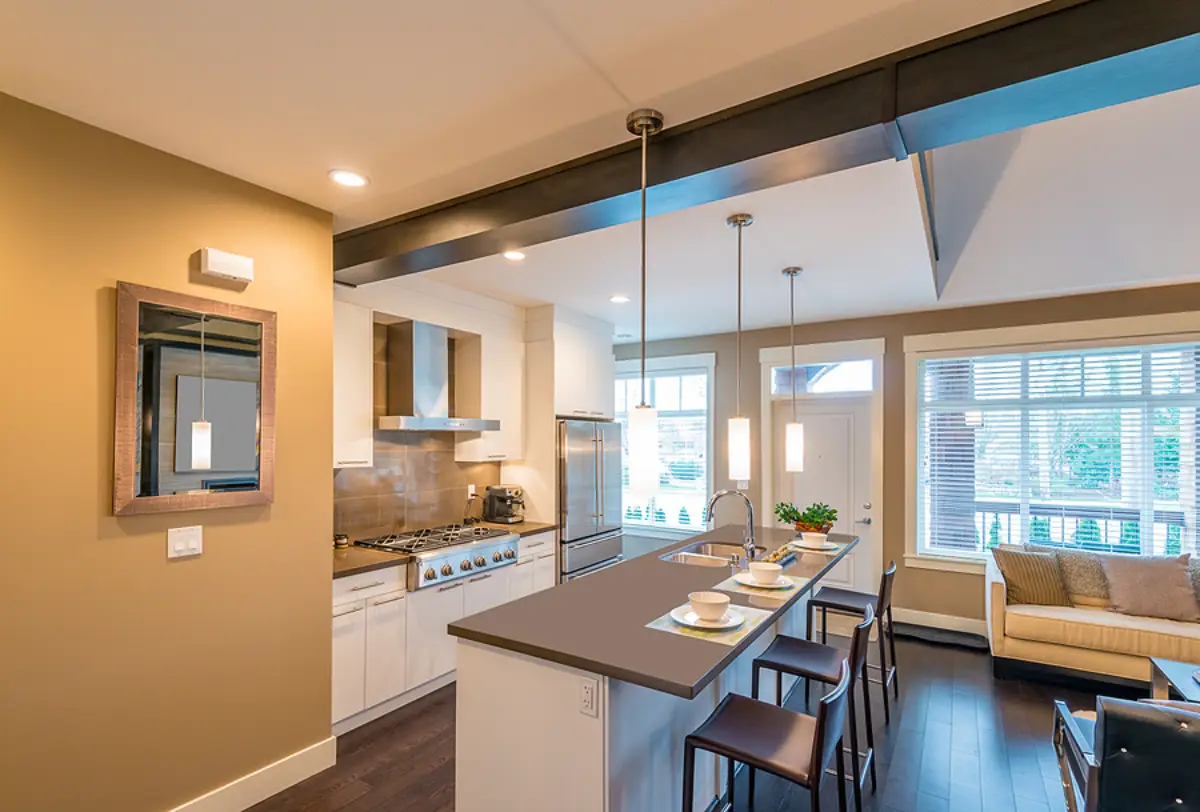Fort Mill continues to attract new residents thanks to its location near Charlotte, excellent schools, and quality of life. This steady demand makes real estate investments appealing. But no matter how strong the market is, profitability depends on more than tenant interest. A major repair, extended vacancy, or unplanned expense can quickly turn a good month into a financial setback.
That’s why budgeting matters. A solid budget acts as the financial roadmap for landlords, balancing income against risks and ensuring cash flow remains predictable. At PMI Fort Mill, we help landlords design budgets tailored to their properties. One of the most impactful first steps is streamlining rent day with smart collection systems that eliminate late payments.
Key Takeaways
- Conservative income projections protect landlords from overestimating profits.
- A reserve fund shields against costly, unexpected repairs.
- Strategic upgrades boost rental value and tenant retention.
- Tax-conscious planning reduces burdens and maximizes deductions.
- Professional management makes portfolio growth more manageable.
Keep Income Projections Realistic
It’s tempting to project income based on 100% occupancy. A home that rents for $2,000 per month appears to bring in $24,000 annually. But after factoring in a 5% vacancy rate, that number drops to $22,800.
Even in Fort Mill’s competitive market, tenant turnover and lease gaps are unavoidable. Budgeting with conservative estimates helps landlords prepare for slower months and ensures they won’t be caught short on expenses.
Practical steps to forecast accurately
- Include at least a 5% vacancy buffer.
- Review comparable rents in your neighborhood, not just citywide averages.
- Offer renewal incentives—keeping reliable tenants is cheaper than finding new ones.
Account for the Full Costs of Ownership
Rental income must be weighed against both fixed and variable expenses.
Fixed costs include:
- Mortgage principal and interest
- Property taxes
- Insurance premiums
Variable costs include:
- Routine maintenance and unexpected repairs
- Utilities (if landlord-paid)
- Landscaping, pest control, and seasonal upkeep
- Property management fees
Some landlords see management fees as an expense to avoid, but PMI Fort Mill clients often discover they increase profitability. Faster leasing, thorough tenant screening, and reduced vacancy losses more than cover the cost of professional oversight.
Protect Cash Flow with a Reserve
Every landlord eventually faces unplanned costs. In Fort Mill, that might mean HVAC repairs in peak summer, roof leaks after heavy storms, or urgent plumbing issues.
By setting aside 5–10% of monthly rental income into a reserve fund, landlords create a safety net. This cushion ensures emergencies are handled quickly, keeping tenants satisfied while protecting overall cash flow.
Invest in Upgrades That Add Value
Some expenses enhance profitability. Strategic upgrades attract better tenants, reduce turnover, and allow landlords to charge higher rents.
High-value upgrades include:
- Energy-efficient appliances that cut utility bills
- Fresh paint and durable flooring for modern appeal
- Smart locks and security systems for convenience and safety
- Landscaping improvements that enhance curb appeal
When paired with modern leasing strategies, these upgrades help reduce vacancy time and increase long-term ROI.
Track Finances with Professional Tools
Budgets succeed when supported by accurate records. Relying on handwritten notes or spreadsheets often leads to errors and missed deductions.
PMI Fort Mill provides detailed financial reporting systems that give landlords:
- Monthly income and expense statements
- Tax-ready documentation
- Performance comparisons across units
- Real-time visibility into cash flow
This clarity allows landlords to spot inefficiencies and make informed decisions.
Keep Taxes in Mind Year-Round
Taxes can erode profits if not planned for properly. Common deductions for Fort Mill landlords include:
- Mortgage interest – one of the largest deductions available.
- Management fees – deductible as business expenses.
- Repairs – deductible in the year incurred.
- Travel expenses – mileage for inspections and contractor visits may qualify.
- Depreciation – spreads deductions across the property’s useful life.
Tracking these deductions consistently avoids last-minute stress and ensures landlords capture all potential savings.
Scale Without Losing Control
Managing one property is straightforward, but multiple rentals quickly increase complexity. More tenants, more repairs, and more expenses can overwhelm landlords without structure.
Creating a per-property budget helps track which units are most profitable. Bundling recurring services like pest control or lawn care across multiple properties can reduce costs. With PMI Fort Mill managing day-to-day operations, landlords can scale confidently without losing oversight.
When Accidental Landlords Need Guidance
Some property owners become “accidental landlords” through inheritance or unexpected moves. Without professional help, budgeting and compliance can feel overwhelming. Reviewing tips for accidental landlords helps property owners recognize when it’s time to seek support to avoid costly mistakes.
Treat Budgeting as a Continuous Habit
Budgeting isn’t a once-a-year task. It’s an ongoing process that allows landlords to adapt to changes in market conditions, anticipate major repairs, and plan for growth. Regularly reviewing financial reports keeps cash flow predictable and investments protected.
From Planning to Profitability
Strong rental portfolios aren’t built overnight—they’re built through preparation. PMI Fort Mill partners with landlords to create budgets that protect income, reduce risks, and strengthen long-term growth. Secure your investment success today by connecting with us through our contact page and let us help you build a budget that works for your goals.
FAQs
How much do property management fees cost in Fort Mill?
Most property managers in Fort Mill charge between 8–12% of monthly rent. While this may seem like a cut into profits, these fees often save landlords money by reducing vacancies, screening tenants effectively, and managing maintenance efficiently.
What are property tax rates in Fort Mill, SC?
Property taxes in Fort Mill and York County average around 0.8–1% of assessed value. For a $300,000 property, this equals about $2,400–$3,000 annually. Budgeting for this ensures you’re prepared when bills arrive.
How much should landlords set aside for maintenance?
A good rule of thumb is saving 1% of a property’s value annually. For a $250,000 rental, that means budgeting $2,500 per year to cover routine and emergency repairs.
Do short-term rentals require different budgeting?
Yes. Vacation rentals demand more spending on cleaning, furnishings, and utilities. While they earn higher nightly income, budgeting helps ensure costs don’t overshadow revenue.
What upgrades provide the best ROI for Fort Mill rentals?
Energy-efficient appliances, durable flooring, updated kitchens, and improved landscaping often provide the strongest returns by attracting tenants faster and reducing turnover.



